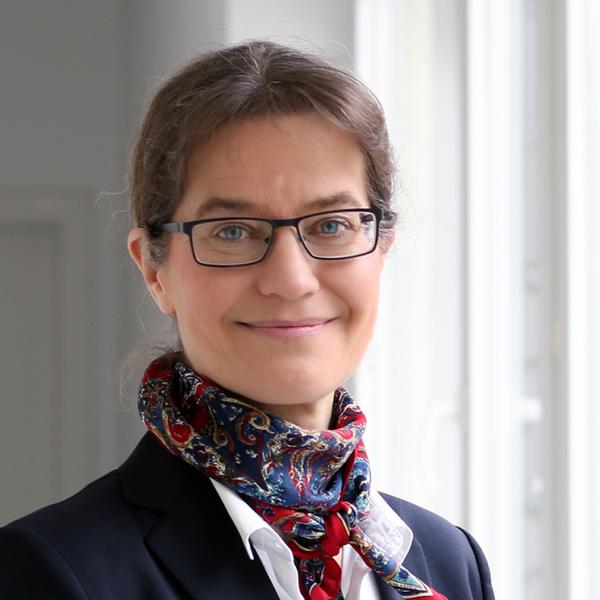Integrated Analysis of a Green Transformation (InTrans)
Project period: June 2015 - May 2018
Research Areas:
Tasks
The reduction in fossil fuel use in order to stabilize greenhouse gas emissions is an important element of a green transformation. The provision of “environmental quality” in this context has the character of a public good for whose provision the regulator has to impose policy measures. As the transformation process induces significant long-term changes, the design of these policies has to keep the challenge of acceptance of the process in mind. Therefore, the choice of policy instruments has to consider not only questions of effectiveness and efficiency, but also of fairness and distributional impacts. The project evaluates different transformation paths and policy approaches under consideration of these aspects. The project partners specifically analyze questions of process fairness, mechanisms to foster cooperation in the provision of public goods and scenarios of policy-induced technological change. The analyses employ, depending on the specific question addressed, theoretical as well as empirical and experimental methods. The social and economic effects of different policies on households in Germany and international feed-back effects will be simulated in the framework of a micro simulation model, as well as a global general equilibrium model. Finally, questions of societies’ potential to adapt to change are analysed from a sociological-historical perspective. The expected results of the project promise a better understanding of different policy approaches to transformation.
In its contribution to the project, the Ifo Center for Energy, Climate and Exhaustible Resources focuses on technological change and the provision of environmentally-friendly technologies, which are an important prerequisite for a green transformation to succeed. Feasible growth and technology paths are compared with respect to their economic and climate impacts under consideration of different forms of uncertainty. The process of technical change is at the center of the analysis that aims to take potential path dependencies, irreversibilities and technological barriers into account. The macroeconomic perspective on long-run growth, investment and technology paths allows us to draw conclusions about the distribution of welfare gains and losses in an intergenerational context.
A second focus of the analysis is on the analysis of suitable long-run policies to foster clean technologies. In the modelling, technology paths are considered an endogenous component for identifying, in a first step, potential barriers to the adaptation of new technologies and their path dependencies, as well as for deriving optimal policies. It is an important goal of this research to also analyse endogenous technological change under the consideration of structural breaks and transition processes that are inevitable in the course of long-run development. In this context it will be of interest whether and to which extent the regulator might be able to create investment incentives by reducing regulatory and political uncertainties.
It is to be expected that the center’s project part will result in a macroeconomic growth model that is soundly based on empirical observations. The model will help in the design of policies that promote technological change under uncertainty and also allow an assessment of the impact of different policies. The explicit integration of uncertainty in a dynamic context constitutes a substantial scientific contribution.
Methods
Growth Theory, Computable General Equilibrium Models.
